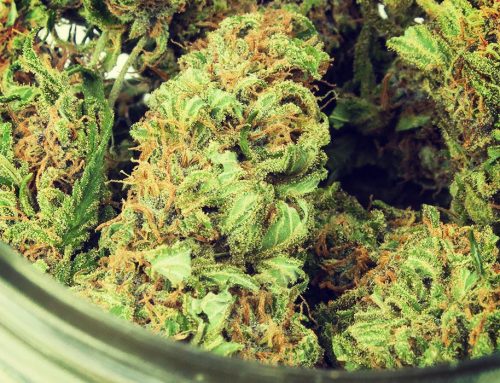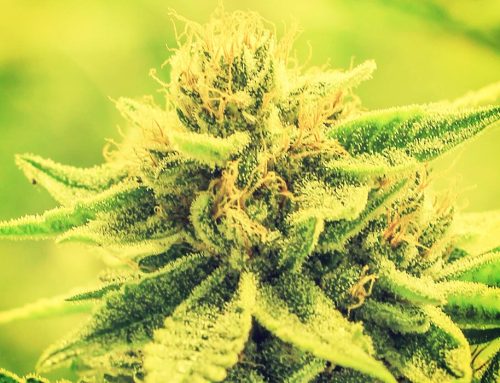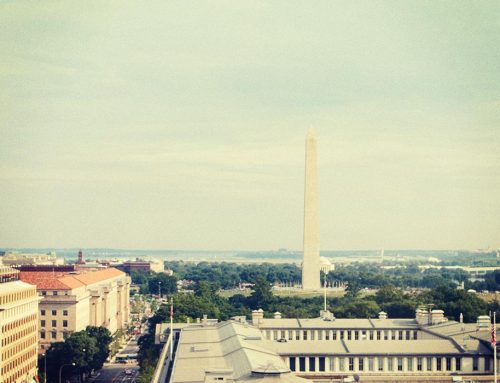It’s no secret marijuana is useful in treating the symptoms of post-traumatic stress disorder (PTSD). The drug can ease anxiety, reduce negative memories, and prevent the onset of depression.
 No one knows this better than America’s military veterans. As a growing number of states consider adding PTSD to the lists of conditions that qualify for medical cannabis, many vets say there’s no need for debate.
No one knows this better than America’s military veterans. As a growing number of states consider adding PTSD to the lists of conditions that qualify for medical cannabis, many vets say there’s no need for debate.
That’s because more of them are already using the drug to treat their symptoms, even in states where it is illegal for any use and in states where medical marijuana is allowed, but not for PTSD.
Marijuana has yet to win the endorsement of the U.S. Department of Veterans Affairs, which claims there are no large studies proving its efficacy in treating the trauma-induced condition. But many former members of the military say cannabis alleviates their anxiety, sleeplessness, and flashback nightmares.
Marijuana is superior alternative to traditional medications
At the same time, they say, traditional medications, specifically SSRI antidepressants and benzodiazepines such as Xanax and Klonopin, don’t do much good. Even when they do, they leave many vets feeling zonked out.
“I went from being an anxious mess to numbing myself with the pills they were giving me,” said Mike Whiter, a 39-year-old Marine Corps veteran from Pennsylvania. “Cannabis helped me get out of the hole I was in. I started to talk to people and get over my social anxiety.”
Some experts dispute this, saying a troubling number of vets become “addicted” to cannabis, despite voluminous evidence that such dependence is rare. Officials at the VA are also falsely implying marijuana use causes other mental illnesses, such as bipolar disorder. That is impossible: Bipolar disorder is caused mostly by genes and almost always appears by early adulthood, not years after combat experiences.
More states likely to include PTSD in MMJ list of qualifying conditions
 These kind of false claims are unlikely to stop the advance of cannabis in treating PTSD, though. Ten states have already declared the disorder to be a qualifying condition for medical marijuana, and more are likely to follow.
These kind of false claims are unlikely to stop the advance of cannabis in treating PTSD, though. Ten states have already declared the disorder to be a qualifying condition for medical marijuana, and more are likely to follow.
The scientific evidence is somewhat split, at least in the eyes of cannabis opponents. Some studies have shown the drug is helpful to people who suffer from symptoms of trauma, while one suggested it could make the disorder worse.
Georgia, Illinois, New Hampshire, New Jersey, Pennsylvania, Rhode Island, and Utah are debating whether to add PTSD to their qualifying lists. And the U.S. Senate adopted a law in November that would allow doctors at the VA to recommend marijuana to veterans in states that allow it. But the House rejected the bill.
It isn’t absolutely certain marijuana is widely effective in treating PTSD, but most of the pushback comes from politicians and doctors who oppose cannabis for any use. “Cannabis use disorder,” the term for addiction to the drug, affects less than 10 percent of users and is almost never considered severe.
Many doctors and vets firmly disagree with the opposition. The drug is highly effective, they say, and doctors can give patients guidance so their cannabis use doesn’t become a problem. And weed can help veterans open up in therapy, something that could make a big difference in their recovery.






